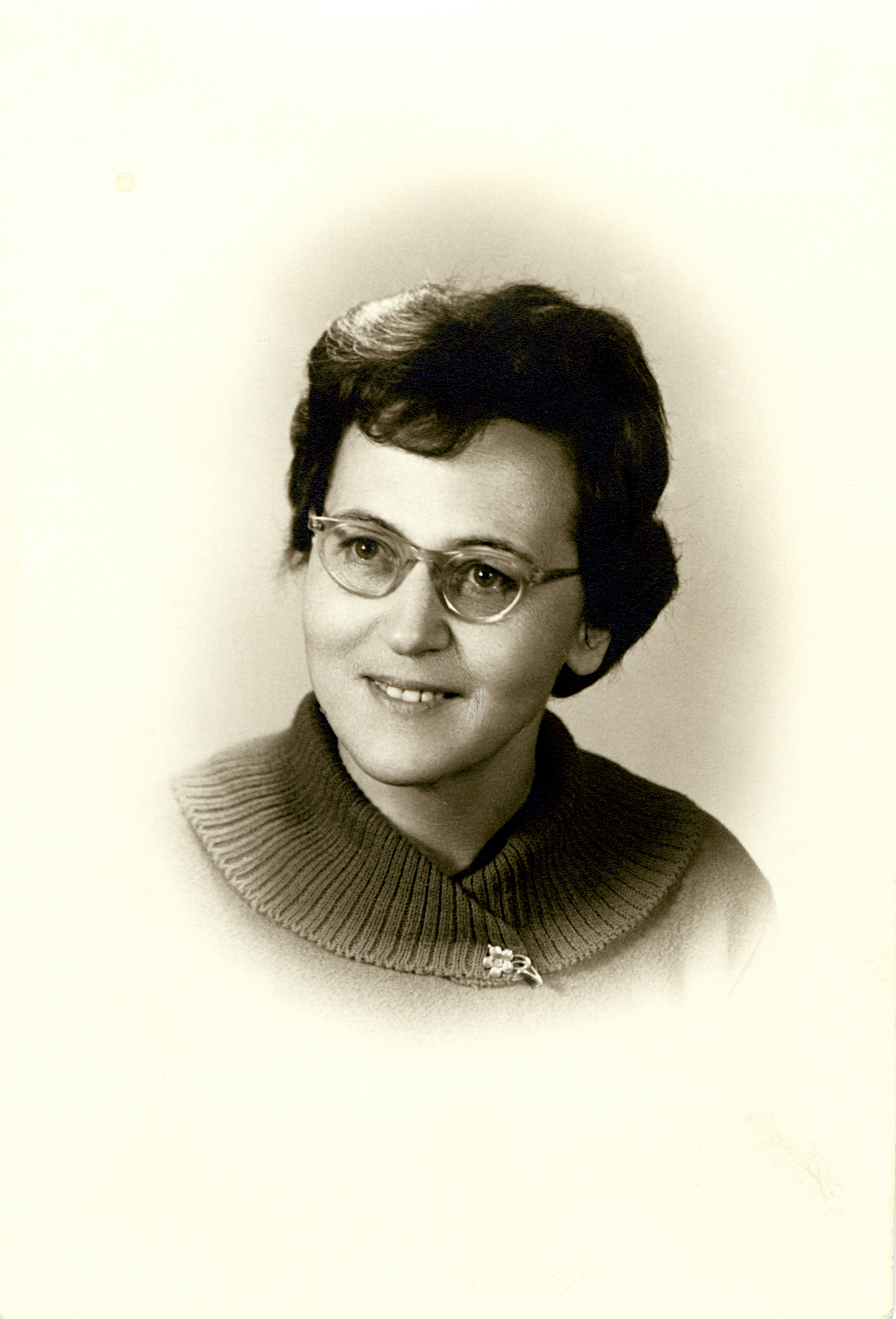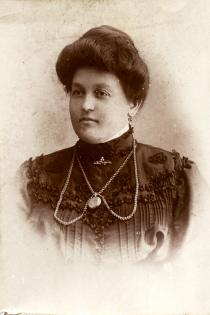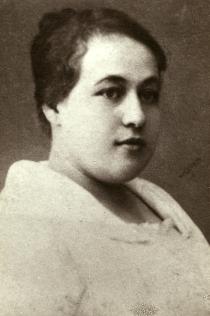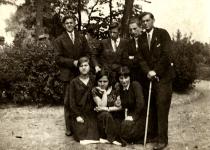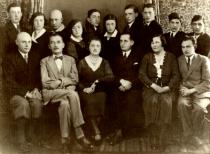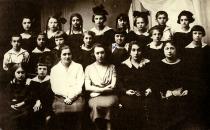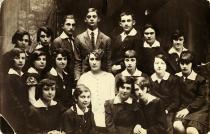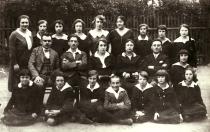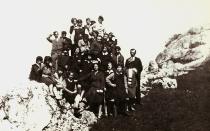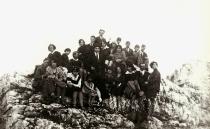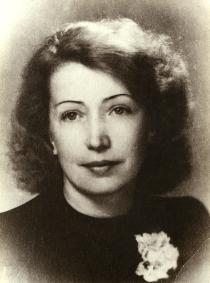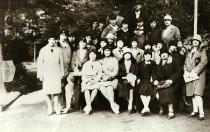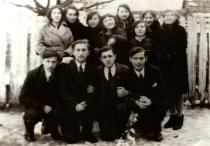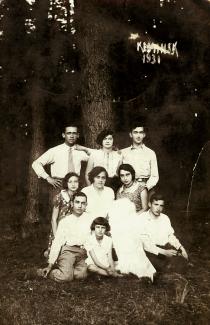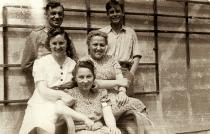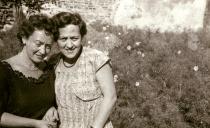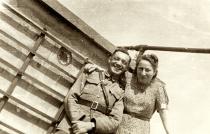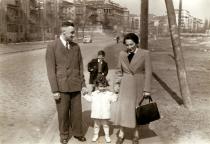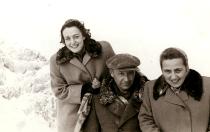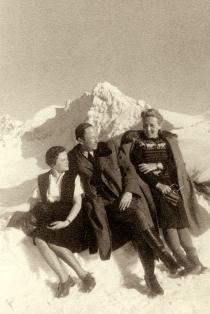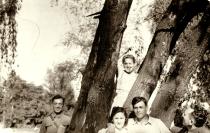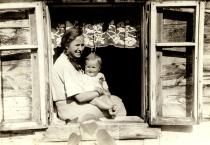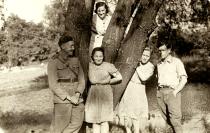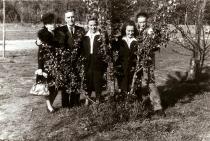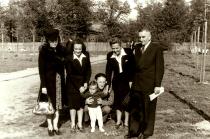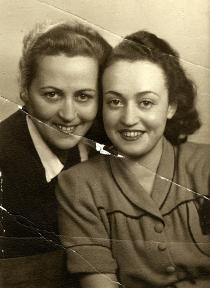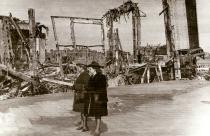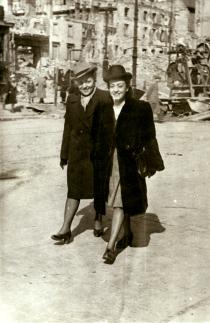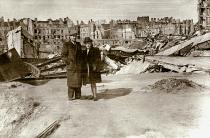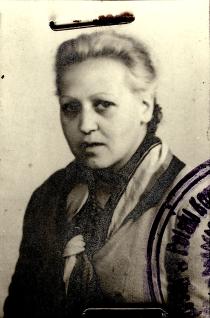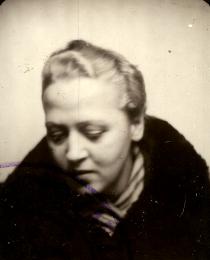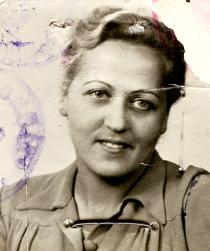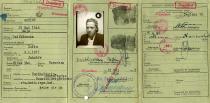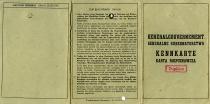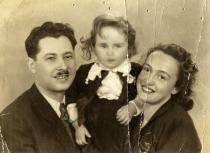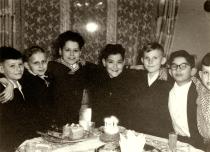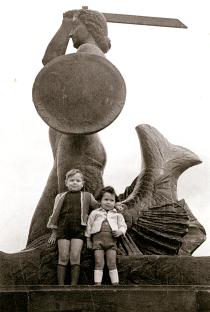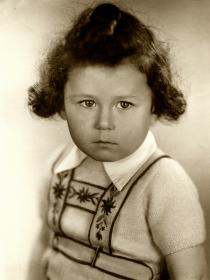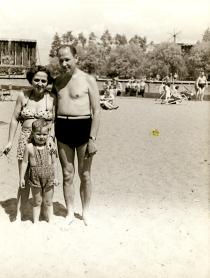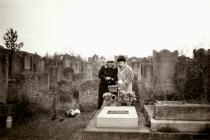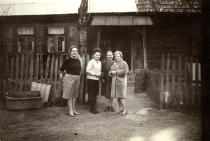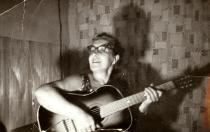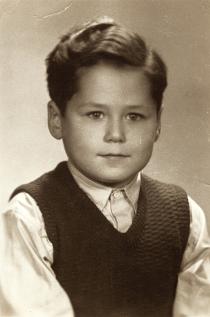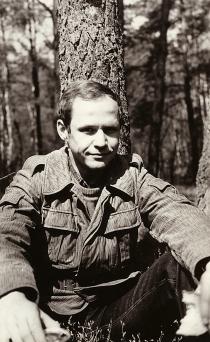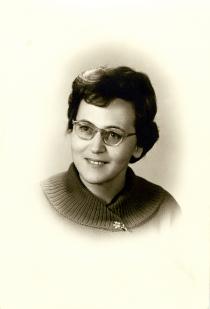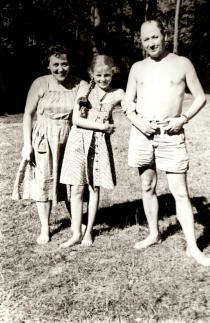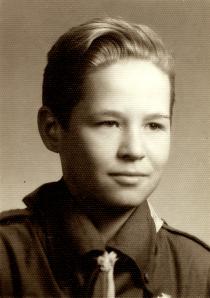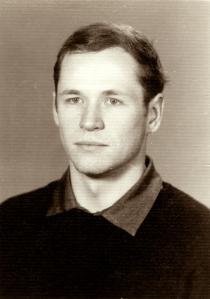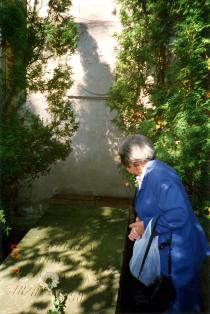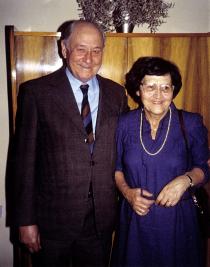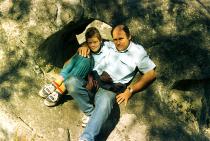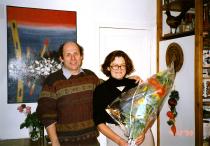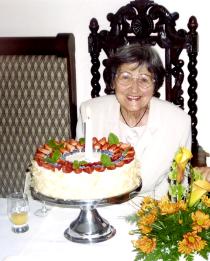That's me in the 1960s. This was a time of immigration for many Polish Jews. The photo was taken in Warsaw.
Those who were leaving to Israel were doing so with highly bitter feelings. Some, those who experienced the pogroms, I understand. My brother-in-law, who did a lot for Poland, also met with injustice, was sacked from his job, virtually thrown on the street. And, following Gomulka's speech, he and his wife, my sister, left. Many like them left then, people that had devoted their lives to Poland. Their elder son, Marek, was born in 1947, lives in France today. Marek Kirszenbaum. He has three wonderful kids, Bruno is the youngest, born in 1981.
My sister and her husband emigrated with their younger son who lives in Los Angeles now. And Marek stayed because he already had a career, in physics. And today he's retired. He's very talented, he worked at the equivalent of our Nuclear Research Institute. My sister and her husband have moved to Los Angeles. He's in a poor condition. The younger son brought them there. When they were leaving, they were still in good shape, but you shouldn't replant old trees. The second emigration, from Israel to the States, proved hard on them.
I didn't emigrate because I really feel Polish, I know the language, the literature. I visited Israel but didn't find it attractive. The Israelis are very much like we, the Poles. In every respect. They've been through as much slavery as we have but they are as nationalistic and chauvinistic as many people here. I saw synagogues for whites and for blacks. Just as people don't like Jews here, so they don't like Poles there, I was shocked by all that. It wasn't for me.
I also saw a ghetto in Israel, completely separated? I was there about ten years ago. I went there to see my sister. I was walking through one of Tel Aviv's neighborhoods to visit my cousin Mietek. And suddenly a gate opens and the kaftans pull out, all with payes, big, small, pulling out in a large crowd. I arrive at my cousin's and ask him what it was. He tells me the neighborhood is inhabited by Hasidim who still wait for their Messiah to come. From the cheder, to the universities, they have everything they need here. They don't feel liberated yet.
